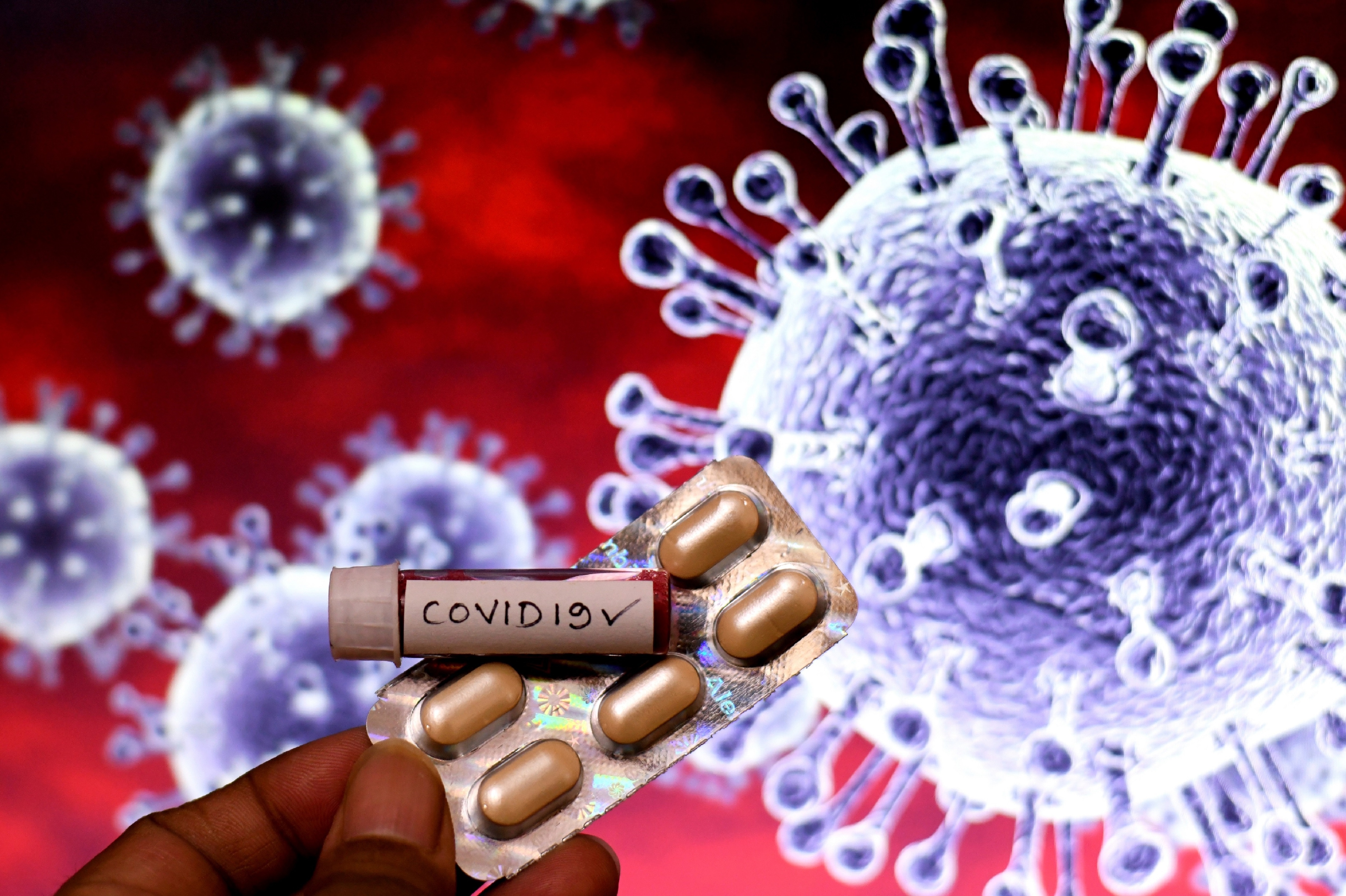Boston-based doctors have been fielding a lot of questions about how to time the flu vaccine with the coronavirus vaccine or booster shot.
In a new weekly series, "COVID Q&A," NBC10 Boston asked two top Boston doctors on Tuesday for their thoughts on how people should time their shots.
How should I time my flu shot?
The scientific community generally recommends vaccination even in people who have already had COVID-19.
Get Boston local news, weather forecasts, lifestyle and entertainment stories to your inbox. Sign up for NBC Boston’s newsletters.
"The most common question I'm getting is, 'How should I time my booster and my flu shot?'" said Dr. Shira Doron of Tufts Medical Center. "Or my first COVID vaccine shot, or my second COVID vaccine shot and my flu shot. And the answer is, whatever works for you. There are no rules."
The only important thing to note, Doron said, is that the flu shot should be given at least one inch apart from your COVID shot if you get them at the same time. People can receive both shots on the same day at the same time, she said, or they can be spaced out over time.
"The flu vaccine, generally, is very well-tolerated," Boston Medical Center's Dr. Davidson Hamer added.
Common side effects from a flu shot include soreness, redness and swelling where the shot was given, as well as headache, low grade fever, nausea, muscle aches and fatigue, according to the U.S. Centers for Disease Control and Prevention.
"People get a sore arm sometimes, some people do have some muscle aches, low grade fever is some of the same kinds of symptoms that one would have after COVID vaccine," Hamer said. "So having the two together, you might have a little bit more of those side effects, but it's not a reason not to have them together."
The doctors noted that the vaccines can be spaced out over a span of weeks or months based on personal preference, but that it's not necessary to do so.
"If you need to get them together that should be okay," Hamer said. "You might just feel a little off for a day or two at most, but it's not a problem."
When should I get the flu shot?
While some experts recommend waiting to get the flu vaccine so that it's more likely to last through the whole flu season, Doron said she tells her patients to get the flu vaccine whenever it's available to them.
"When to get the flu shot? I tend not to be very dogmatic about it," Doron said. "You never know when the flu season is going to hit, and takes couple weeks for the flu shot to fully kick in to be fully immune, just like with COVID vaccine."
How bad will this flu season be?
"We don't know if we're going to have a bad flu season," Doron said.
Flu cases have dropped to historically low levels during the pandemic. The U.S. and Europe experienced hardly any flu last winter, and the Southern Hemisphere just ended its second flu season of the coronavirus pandemic with little to report.
But Doron noted that the U.S. experienced an unusual summer surge of children hospitalized with a different virus, named RSV, that usually strikes in the winter. That’s a worrying sign of what to expect if flu returns.
"We didn't have any flu season last year, but we also didn't have an RSV season last year and we've had a bad RSV season already starting over the summer," Doron said. "So it's entirely possible that we'll see a big resurgence of flu."
With schools and businesses reopened, international travel resuming and far less masking this fall, flu could make a comeback. The big question is whether it will trickle in or roar back and put extra pressure on hospitals already struggling with COVID-19 surges.
"It's also possible that with less travel and other factors at play etc., we might not see a bad flu season," Doron said. "But we want to prevent every single case of hospitalized flu that we can prevent because we don't have any room in the hospital for additional people."



